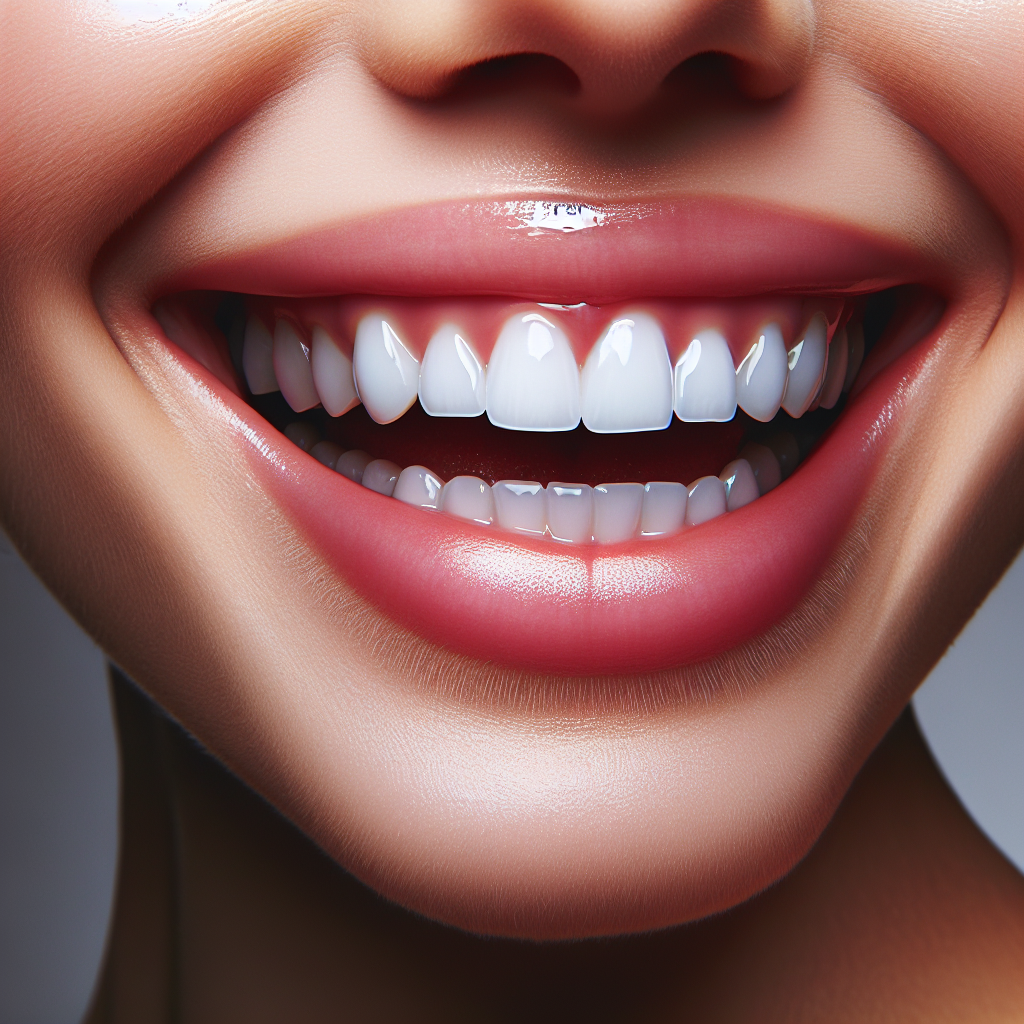According to the American Dental Association, headaches are a common side effect following tooth extraction due to the stress placed on the jaw muscles during the procedure. This discomfort can persist for several days as the body heals and adjusts to the absence of the tooth. The intensity and duration of headaches can vary depending on the individual’s pain tolerance, the complexity of the extraction, and any underlying medical conditions.
It is estimated that approximately 30% of patients experience headaches after tooth extraction, with the majority of cases resolving within 1-3 days post-surgery. However, for some individuals, headaches may linger for up to a week or more as the body continues to heal. Factors such as poor oral hygiene, smoking, and not following post-operative care instructions can contribute to prolonged discomfort and delayed healing.
To alleviate headaches after tooth extraction, patients are encouraged to rest, stay hydrated, and avoid strenuous activities that may exacerbate pain. Over-the-counter pain medication prescribed by the dentist or oral surgeon can also provide relief. In rare cases where headaches persist beyond two weeks, it is recommended to consult with a healthcare provider to rule out any underlying complications or infections that may be causing prolonged discomfort.
How Long Do Headaches Last After Tooth Extraction?
Headaches after tooth extraction can vary in duration depending on the individual and the complexity of the procedure. Typically, headaches following a tooth extraction can last anywhere from a few hours to a few days as the body adjusts to the healing process. Factors such as the type of anesthesia used, the patient’s pain tolerance, and any underlying conditions can also contribute to the duration of headaches after a tooth extraction. To learn more about managing headaches after tooth extraction and when to seek medical attention, continue reading below.
**How long do headaches last after tooth extraction?**
Many people experience headaches after undergoing a tooth extraction procedure. These headaches can be caused by various factors, including stress, muscle tension, changes in blood flow, and inflammation in the mouth.
In most cases, headaches after tooth extraction are temporary and will typically resolve on their own within a few days to a week. However, some individuals may experience lingering headaches for a longer period of time.
To help alleviate headaches after tooth extraction, you can try taking over-the-counter pain medications, applying a cold compress to the affected area, maintaining good oral hygiene, and staying hydrated. If the headaches persist or worsen, it is important to consult with your dentist or healthcare provider for further evaluation and treatment.
It is essential to follow post-operative care instructions provided by your dentist to promote healing and reduce the risk of complications after a tooth extraction.
**Statistic:**
According to a study published in the journal Oral Surgery, Oral Medicine, Oral Pathology, Oral Radiology, and Endodontics, approximately 30% of individuals may experience headaches following a tooth extraction procedure.
Conclusion
In conclusion, headaches after tooth extraction can be a common side effect that many patients experience. These headaches typically last for a few days to a week post-procedure and are often due to muscle tension, inflammation, or changes in blood flow. It is important to manage these headaches with over-the-counter pain medication, rest, and proper hydration to help alleviate discomfort and promote healing. Additionally, avoiding strenuous activities and sticking to a soft diet can also aid in reducing headache symptoms during the recovery period.
Furthermore, if headaches persist for an extended period or are accompanied by other concerning symptoms such as fever or excessive bleeding, it is important to contact your dentist or healthcare provider for further evaluation and potential treatment. By following post-operative care instructions and being mindful of your body’s signals, you can help ensure a smoother recovery process and minimize the duration and intensity of headaches after tooth extraction. Remember that each individual’s experience may vary, so it is essential to consult with your healthcare provider for personalized guidance and support throughout the healing process.

